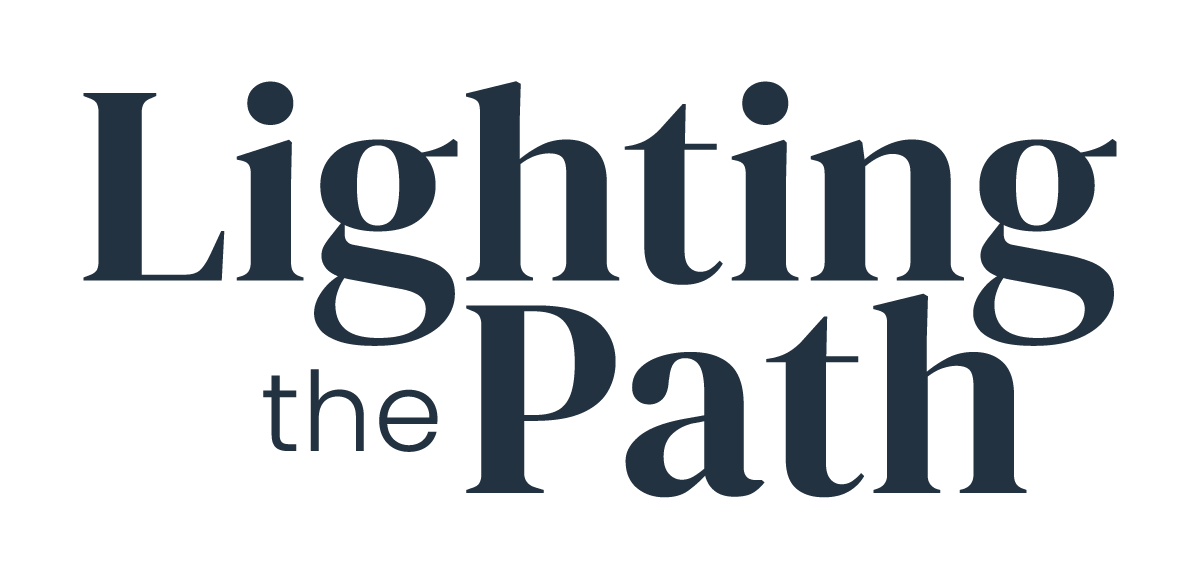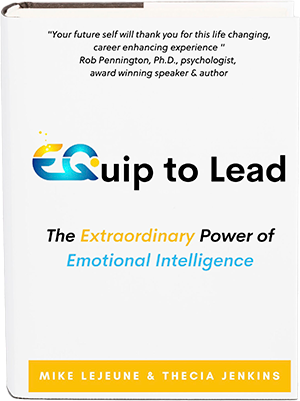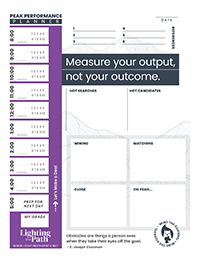
Melt downs are catastrophic for nuclear reactors. A hiring melt down will also destroy morale and teamwork when we hire someone prone to melt down under duress or crisis.
When I joined Steverson & Company to start the accounting search and contract staffing division, I considered myself to be an astute interviewer. Over the years I developed a process to help me discover ways of measuring skill sets in environments that I had limited technical exposure. Operational accounting requirements called for me to be very fast on the uptake as I took on searches requiring expertise in exchange accounting, gas balancing and excise tax reporting. I found that scheduling 10 interviews back to back in compressed time frames allowed for me quickly develop an understanding of the principles and issues being handled. Asking candidates what separated them from their peer group or what standards helped to measure how someone could perform at standards rated as excellent in review processes contributed to a scorecard of successfully matching candidates to searches.
I was asked one day by the CEO of our company, Tommie Steverson, how I delved in to the drive, determination and resilience of a candidate. What process did I use to uncover the fuel that put the skill set into motion?
While behavioral interviews reveal past performance, she was referring to the internal workings of the person, not external experiences. Puzzled, I asked her what her favorite interviewing question was that helped her utilize the intuition she had gained a reputation for, both in our office and the industry. “What I have found is that most teams or departments be it sales, recruiting, administrative or operational require that in order to function at premium levels each member must be able to handle setbacks or some form of adversity. So I began to ask each person we considered for our company ‘What is the most difficult situation you’ve dealt with in your life’.”
The answers we have received from that simple question reveal how someone copes with setbacks that throw us off balance emotionally. As someone reaches into the past, you will learn how they deal with today’s pressures that work and life have to offer. Hopefully you will hear amazing stories of fortitude and resilience, fighting their way past traumatic times or hardship of economic strain. You may also learn where they are on the scale of emotional maturity.
A recent graduate applied for a sales position with our company who had excellent academic achievement in high school and college, served as officer of her sorority and seemed polished, composed and confident. When asked about the most difficult situation she ever encountered, her eyes widened and began to mist. Her voice quivered as she began to tell the horrifying saga of how when she was in college, her father canceled her credit cards! Needless to say, the interview did not last much longer.
Danny Cahill, President of Hobson Associates and owner of the search industry on-line training company, “According to Danny“, is considered by many in the field of recruiting to be one of the greatest trainers in the search profession added another level to how this question reveals the character of a person. Once they have described the unexpected circumstance or travesty they had to fight through, Danny suggests “how long did it take for them to get over it, and what steps did they take. Is it months or years? What did they learn, would they do something differently? Did the setback throw them for a protracted period of time? Did they grow or perceive themselves as a victim?” If someone describes the years of isolation created from being left at the altar…or losing out on a promotion due to lack of a degree to someone with less skill or tenure…repeatedly, we owe it to ourselves to evaluate how people deal with life’s challenges.
Today we must hire for resilience and a belief that being held accountable is not micro-managing. As leaders we cannot create motivation, only establish an environment where motivated people are given opportunities to see how good they really are. We must arm ourselves with questions that reveal the character of the person, what are the chances of their fuel rods overheating, how will their thought processes affect consistent and hopefully superior performance.



